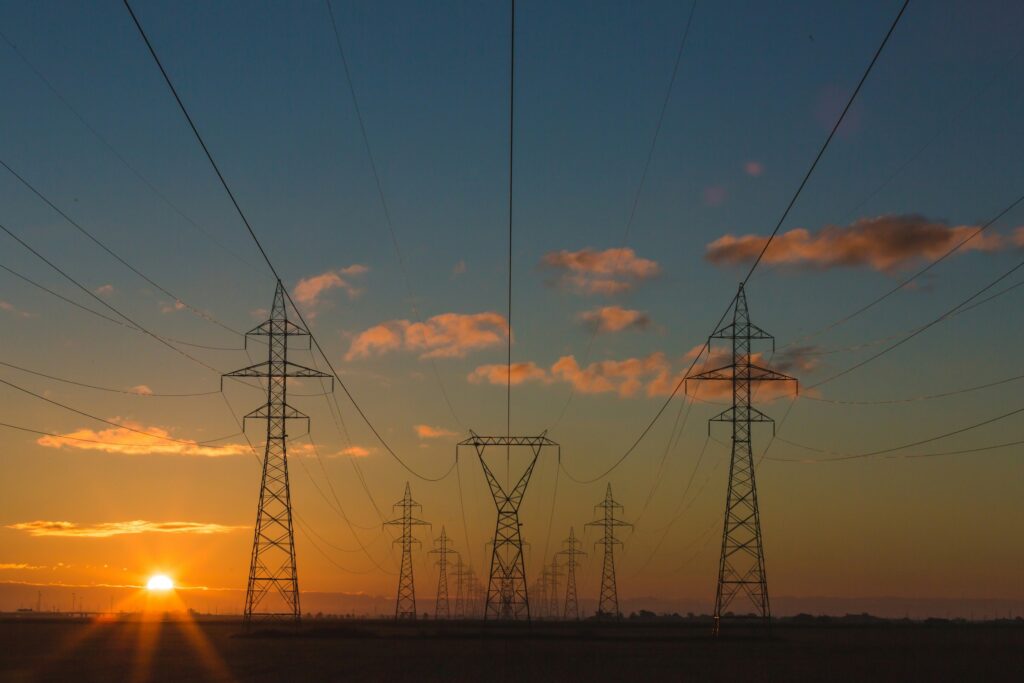On-Grid vs. Off-Grid Solar Panel Installations: Choosing the Right Path
Introduction
As the world shifts toward sustainable energy solutions, solar panels have emerged as a popular choice for homeowners seeking to reduce their environmental impact and lower electricity costs. However, the decision between on-grid and off-grid solar systems is crucial. Let’s explore the benefits, considerations, and practical implications of each type to help you make an informed choice.In this comprehensive article, we’ll explore the synergy between solar panels and backup generators. We’ll delve into the benefits, considerations, and practical implementation of generator backup systems for solar-powered homes.


On-Grid Solar Systems
On-grid (or grid-tied) solar systems are directly connected to the utility grid. Here’s how they work:
Grid Connection: On-grid solar panels feed excess energy back into the grid during sunny hours.
Energy Exchange: When your solar panels aren’t producing enough electricity (e.g., at night or on cloudy days), you draw power from the grid.
Net Metering: You can even send surplus power back to the grid, earning credits through net metering.
On-grid systems typically have lower initial investments compared to off-grid solutions.
They are an attractive option for homeowners who want to reduce their electricity bills without entirely cutting ties with their utility provider.
By using on-grid solar panels, you contribute to a greener environment by reducing reliance on fossil fuels.
Dependency on Grid: On-grid systems shut down during power outages. You’re still reliant on grid availability.
By using on-grid solar panels, you contribute to a greener environment by reducing reliance on fossil fuels.
Off-Grid Solar Systems
Off-grid solar systems operate independently from the utility grid:
Solar Panels and Batteries: They rely solely on the power generated by solar panels, which is stored in batteries for continuous supply.
Complete Energy Independence: These systems are designed for those who desire complete energy self-reliance.
While off-grid systems have higher upfront costs, they lead to long-term savings.
You’re no longer tied to utility bills, and your investment pays off over time.
Off-grid systems require more sophisticated planning and management.
Energy storage solutions, such as batteries, ensure a stable power supply.
Off-grid solar panels are ideal for rural or remote areas where grid access is limited.
They provide a reliable power source without relying on external infrastructure.
By using on-grid solar panels, you contribute to a greener environment by reducing reliance on fossil fuels.

Hybrid Solar Energy Systems

The Best of Both Worlds
Hybrid systems combine on-grid reliability with off-grid independence. They offer backup power during outages while maximizing energy savings.

Energy Security
In areas with unreliable grids, hybrid systems provide resilience against power outages. You enjoy the benefits of both worlds: constant access to electricity and energy self-sufficiency.
Conclusion
Choosing between on-grid and off-grid solar systems depends on your specific needs, location, budget, and preference for energy independence. Consider your priorities—whether it’s cost savings, environmental impact, or resilience during outages. Whichever path you choose, solar panels empower you to embrace clean energy and create a brighter, more sustainable future for all.
